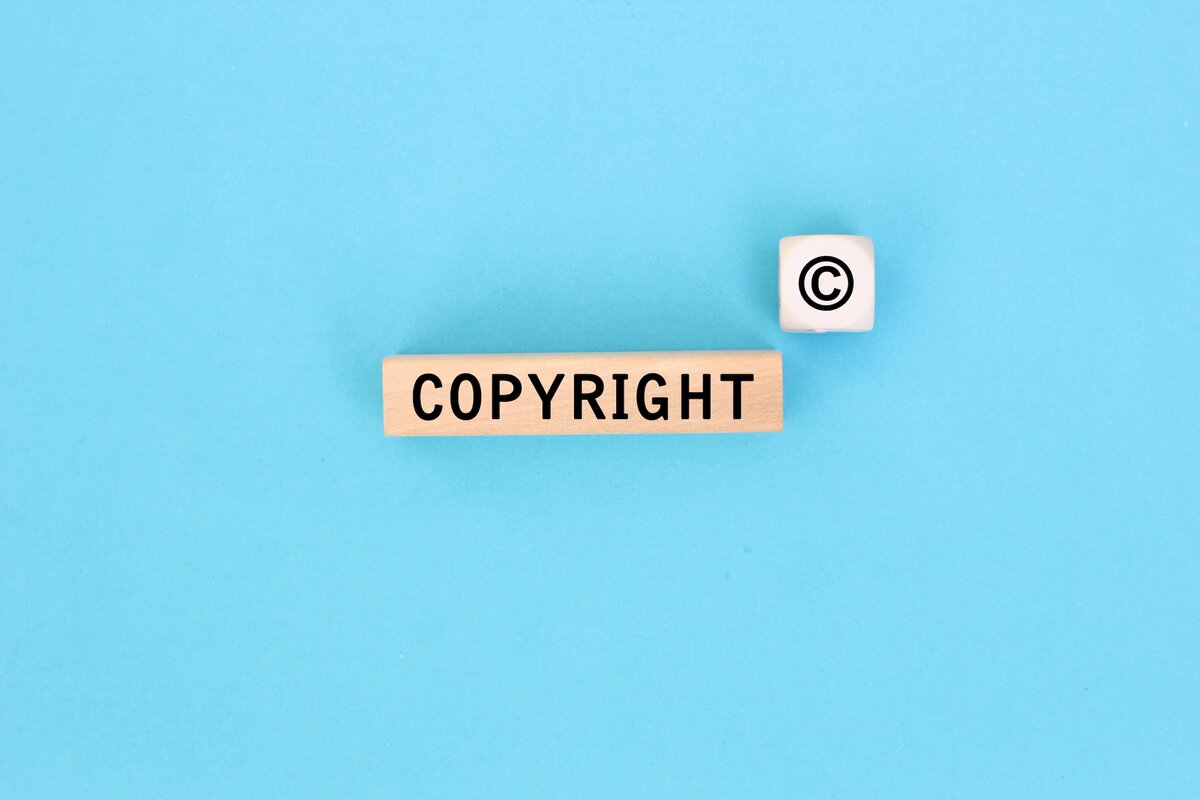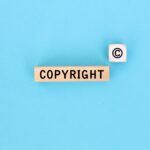CEDB Released a Public Consultation Paper on Updating Hong Kong’s Copyright Regime on 24 November
26 Nov 2021
The Commerce and Economic Development Bureau of the Government of Hong Kong just released on 24 November 2021 a public consultation paper on updating Hong Kong’s copyright regime.
This is brilliant news to copyright owners and fingers crossed with the passage of the new legislation! If you may wonder the meaning behind, the current Copyright Ordinance enacted in 1997 is considered badly obsolete and can barely cope with the rapid advancements and innovations in technology. Despite the Government’s deliberation to update the legislation initiated since 2006 with public consultations conducted, two serious attempts to amend the Ordinance (The Copyright (Amendment) Bill 2011 and The Copyright (Amendment) Bill 2014) did not succeed due to filibustering by some members asserting the view that freedom of creativity or expression could possibly be compromised under the proposed legislative provisions.
The consultation paper described the legislative proposals in the 2014 Bill to be the result of years of deliberations of the Government, Legislative Council, copyright owners, online service providers and copyright users, representing the consensus and balance of interests of different stakeholders to enhance protection for copyright in the digital environment and combat large scale online piracy – which should be materialized without further delay.
Key legislative proposals based on the 2014 Bill
A. Communication right – introduction of technology-neutral exclusive communication right for copyright owners to communicate their works to the public through any mode of electronic transmission in line with the international practice
B. Criminal liability – criminal sanctions introduced against infringers making unauthorised communication of copyright works to the public for profit or reward and with prejudice caused to the copyright owners
C. New copyright exceptions – for the education sector, libraries, museums, archives, temporary reproduction of copyright works by OSPs, and media shifting; and new fair dealing exceptions for the purposes of parody, satire, caricature and pastiche, commenting on current events, and use of quotation to facilitate expression of opinions or discussions in the online and traditional environment
D. Safe harbour provisions – limiting OSP’s liability for copyright infringements on their service platforms caused by subscribers as an incentive for OSPs to cooperate with copyright owners to combat online piracy
E. Additional damages in civil cases – empowering the court to award additional damages according to the circumstances with additional factors to assess including the unreasonable conduct of an infringer and likelihood of widespread circulation of infringing copies
Issues inviting public views
1. Should Hong Kong continue to maintain the current exhaustive approach by setting out all copyright exceptions based on specific purposes or circumstances?
2. Should Hong Kong introduce provisions to restrict the use of contracts to exclude or limit the application of statutory copyright exceptions? (currently is non-interference approach to contractual arrangements between owners and users)
3. Should Hong Kong introduce specific provisions to govern illicit streaming devices used for accessing unauthorized contents on the Internet, including set-top boxes and Apps? (Government’s current position is not to)
4. Should Hong Kong introduce a copyright-specific judicial site blocking mechanism? (Government’s current position is not to)
Issues to be considered for future legislative amendments
- Extension of copyright term of protection
- Introduction of specific copyright exceptions for text and data mining
- AI and copyright
The consultation period is 3 months from 24 November 2021. We are more than happy to convey your thoughts to the Bureau or share our thoughts on issues you may have on copyright protection or circumstances that may put you at the risk of infringing someone else’s copyright.
 Suite 503, 5/F, St. George's Building, 2 Ice House Street, Central, Hong Kong
Suite 503, 5/F, St. George's Building, 2 Ice House Street, Central, Hong Kong +852 2868 0696
+852 2868 0696















